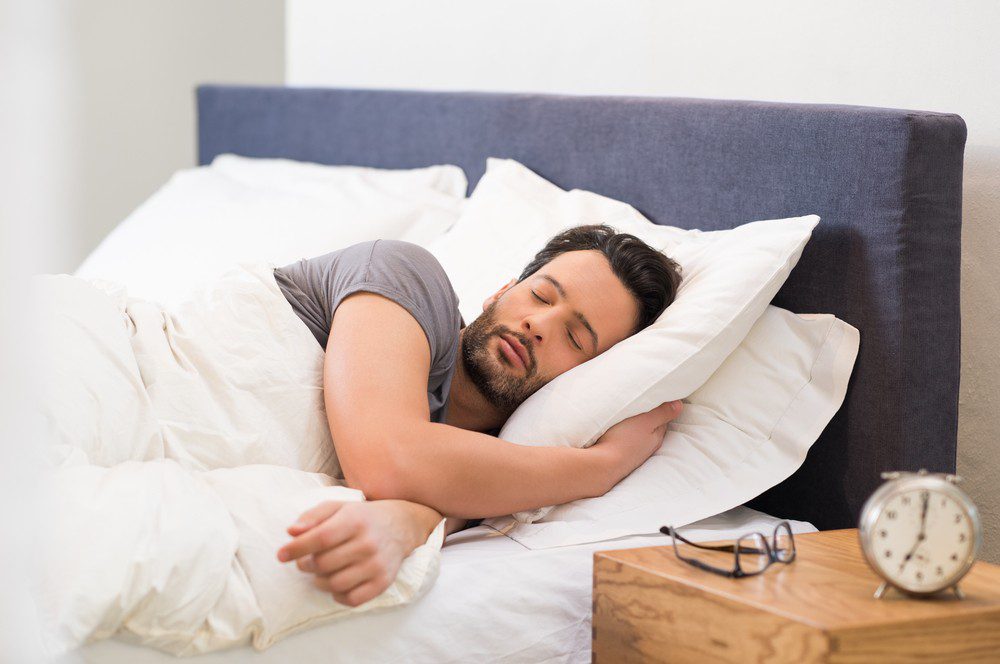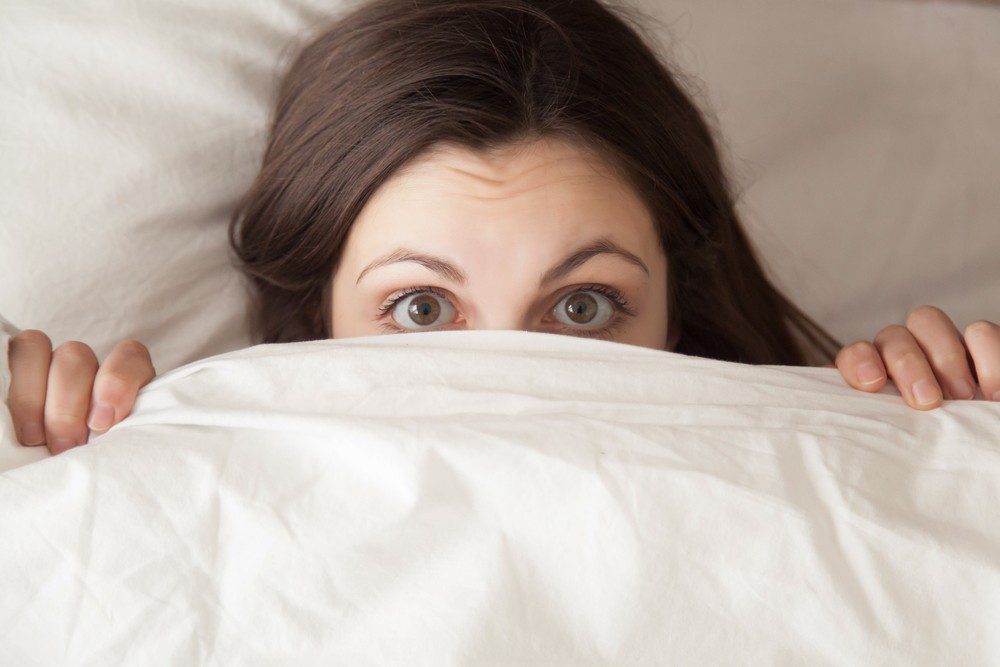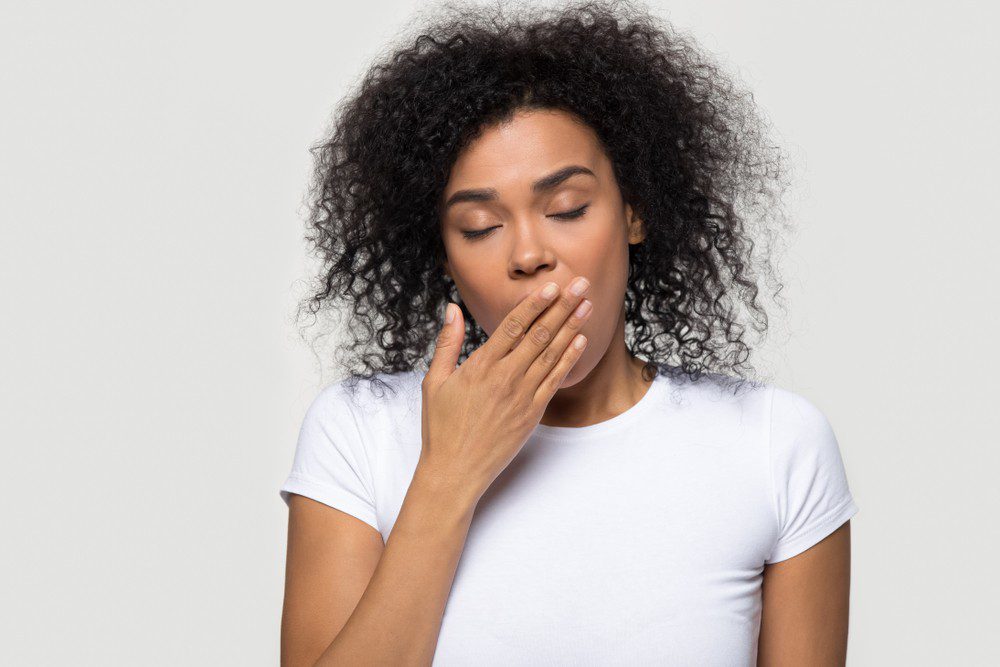
Obstructive sleep apnea, or OSA, is probably the most common sleep-related breathing disorder. The condition is characterized by repeated stops in an individual’s breathing while they are asleep, usually caused by the relaxation of the tongue muscles causing a blockage in the airway.
OSA is associated with excess weight gain and obesity. The best sleep apnea treatment, as reported by Harvard Health Publishing, is a combination of several lifestyle changes and good breathing devices like the continuous positive airway pressure, or CPAP, machine.
Weight Loss and Sleep Apnea Treatment
Excess weight and sleep apnea have established links, and obese people are more likely to have extra throat tissues that can easily become relaxed while the person is sleeping, blocking airflow into the lungs.
Losing weight, as challenging as it can be, can make a significant difference in treating sleep apnea. Losing just 10 percent of your body weight can yield tangible results, while something more significant can even eliminate the condition completely.
Breathing Devices for Treating Sleep Apnea
The CPAP machine is usually the first consideration for sleep apnea treatment, since losing weight can take time and often prove challenging.
The mask-like device is worn while sleeping, fitted over the nose and mouth. It blows air through the airways so they can remain open through the night while you sleep. While the device usually works very well, it can take significant time to get used to it.
Many people find it hard to commit to regular CPAP use due to the clunky nature of the device. But, improved CPAP devices are frequently hitting the market, and patients can try out a few types to know what fits best.
Treating Your Sleep Apnea
Leaving OSA untreated or poorly treated can have dire consequences in the long run. Because many people may not even know they have the condition, since the symptoms usually manifest during sleep, the first step is getting diagnosed. Then, a treatment plan can be devised.
For more information on sleep apnea treatment, dental issues or other sleep-related disorders, schedule a visit or contact Dr. Norman and the team at 425-366-7983.



